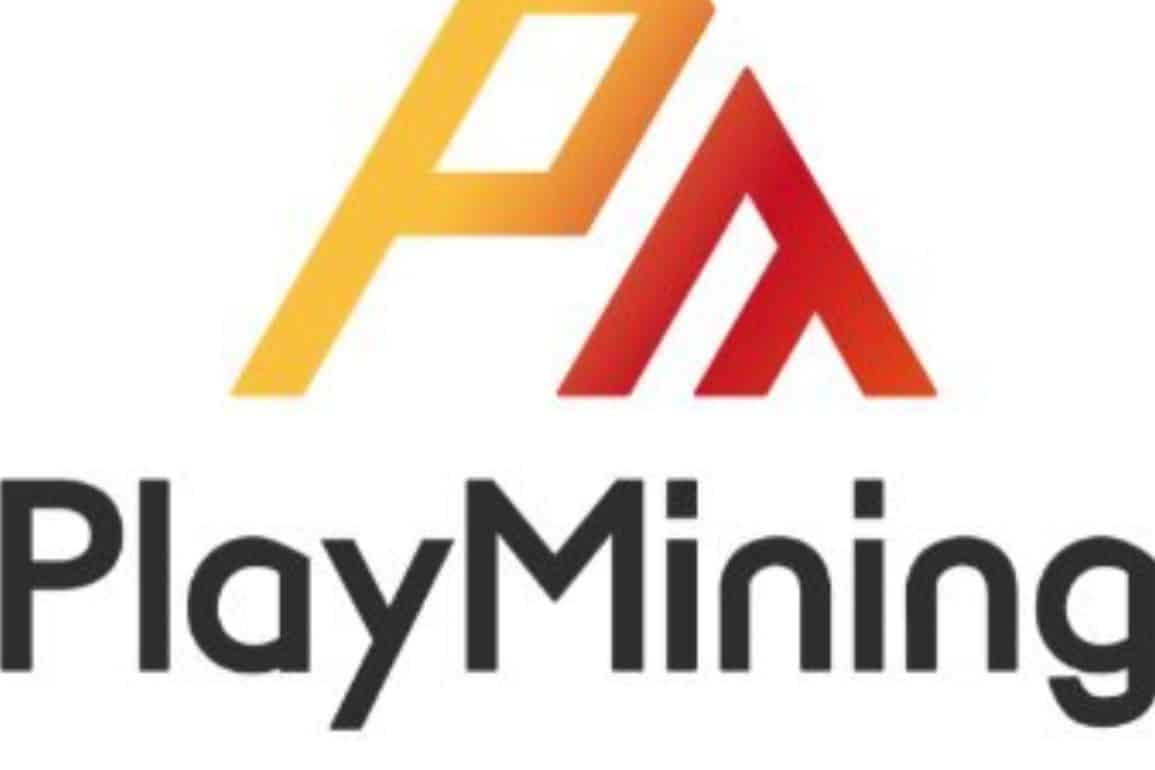- Summary:
- DEA’s PlayMining platform has a new P2E game, “Lucky Farmer. We tell you about the DEA ecosystem and how to earn $DEP from the new game.
Web3 entertainment company Digital Entertainment Asset (DEA) has released a new coin-pushing GameFi called Lucky Farmer, available on its PlayMining Platform. Users can earn DEAPcoin ($DEP) tokens by playing this game, as is the case with other games on the site. $DEP tokens are actively traded on major cryptocurrency exchanges, including Gate.io and OKX.
DEA, PlayMining and Lucky Farmer’s in-game economy
To improve the experience, the game employs two types of NFTs: Farmland and Character. Farmland NFTs, by providing players with access to rare crops, can boost their chances of completing winning slot combinations. Additionally, during ‘Fever Time’ and ‘JACKPOTCHANCE,’ players have the opportunity to earn DEP tokens directly. On the other hand, Character NFTs provide the player more control over the game’s aesthetics by letting them adjust aspects like their character’s appearance, the game’s setting, and the soundtrack.
Players can buy NFTs from the PlayMining NFT marketplace and use them as in-game currency within the platform’s ecosystem. Players can also get NFTs through a “Lucky Box” within the game. They can try their luck and receive a random NFT or in-game item. Notably, DEAPcoin was the first token approved by the Financial Service Agency of Japan. The DEA NFT market also features the sale of premium artwork NFTs created by some of the most popular artists in the Japanese video game and anime industries.
Digital Entertainment Agency (DEA) creates Play and Earn games and manages the PlayMining NFT gaming platform, PlayMining NFT marketplace, PlayMining Verse metaverse project, and DEAPcoin cryptocurrency. PlayMining is DEA’s platform for creating content; it combines a decentralized NFT marketplace (run by PlayMining’s own DEAPcoin, or $DEP) with a Metaverse and a gaming environment built on top of the same technology.
Many of PlayMining’s games are created in-house, but the company also collaborates with external gaming developers. For small studios, this is a huge break that opens up new avenues for making money off of their IP.


